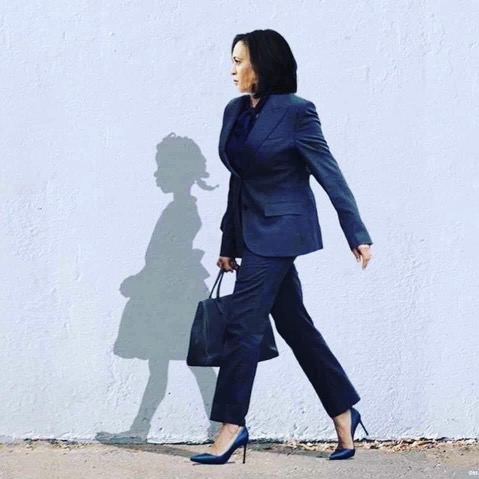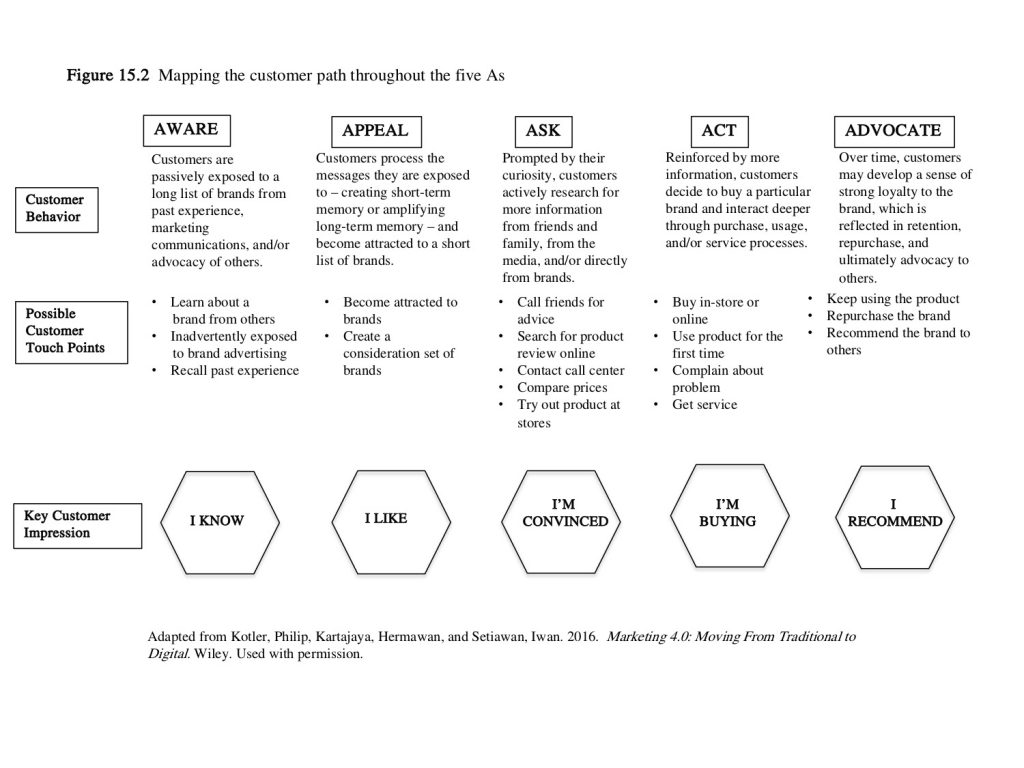
I’m writing this on November 14, Claude Monet’s birthday. The quintessential Impressionist master was born in 1840 and died in 1926 at the age of 86.
Monet was an exceptionally productive artist, in fact the Impressionist movement got its name from a Monet painting titled “Impression, Sunrise” in the 1874 exhibition of a group of “independent artists.”
Monet struggled to get fully recognized for his genius and to sell paintings at a respectable price until art dealer Durand-Ruel exhibited his haystack series in 1891. After the successful haystack series of paintings, Monet created several more series, including his most famous — the water lilies. The water lily painting above is hanging the Metropolitan Museum of Art, and was painted in 1919.
So what? Why write about Monet in November, 2020?
Because when Monet painted the picture above, he was 79 years old, a year older than Joe Biden will be on November 20, 2020. Monet created his water lilies masterpieces while he was in his late 70s, and finished his greatest masterpiece, the huge water lily panels in the Musee de L’Orangerie in 1924, when we was 84, the same age Biden will be when he finishes his first term in 2024 as the 46th President of the United States.
I predict that Biden’s greatest masterpiece as a politician is yet to come — he has the experience and he is exactly the right age.


